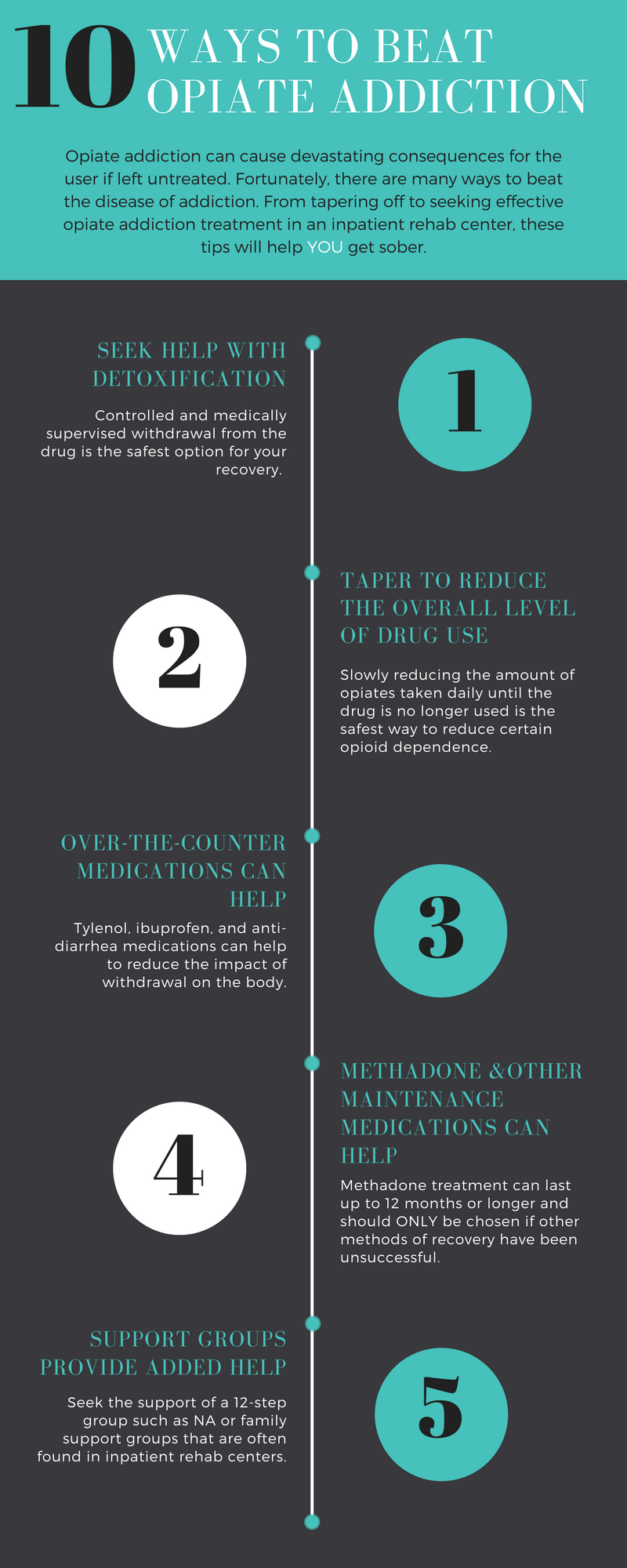After Completing Drug Rehab, It's Necessary To Have A Solid Support Group In Place To Make Certain Long-Term Healing. Discover Just How Aftercare Programs Can Assist You Maintain Sobriety And Create A Meeting Life
After Completing Drug Rehab, It's Necessary To Have A Solid Support Group In Place To Make Certain Long-Term Healing. Discover Just How Aftercare Programs Can Assist You Maintain Sobriety And Create A Meeting Life
Blog Article
Los Angeles CA How Does Drug Rehab Work Written By-Henry Callahan
You can't do it alone. Healing from drug dependency needs a solid support group.
The relevance of aftercare in drug rehab can not be overstated. In this article, we will certainly discover the function of therapy, the advantages of therapy, and the structure supplied by peer support system in maintaining soberness.
So, get a mug of coffee, kick back, and let us assist you through the vital actions of post-rehabilitation support.
The Function of Counseling in Aftercare
If you intend to keep your soberness after leaving rehab, it's essential that you proceed joining counseling sessions as part of your aftercare plan.
Therapy plays a vital duty in your recovery journey by offering recurring support, advice, and a secure room to share your feelings and problems.
Via counseling, you can deal with any kind of underlying concerns that might have added to your addiction, create dealing techniques, and discover healthier methods to take care of anxiety and cravings.
It allows you to resolve any unresolved feelings and create a far better understanding of yourself and your triggers.
The Advantages of Treatment in Preserving Sobriety
To keep your sobriety, therapy can offer countless advantages.
- Therapy uses a secure room for you to discover and address the underlying issues that might have added to your addiction.
- It enables you to resolve your feelings and develop much healthier ways of handling anxiety and causes.
- With therapy, you can get a much better understanding of yourself and your patterns of behavior, which can help you make positive changes in your life.
- Additionally, treatment offers you with a support system of specialists who are educated to lead and aid you on your trip to recovery.
- They can offer beneficial understandings, devices, and strategies to help you browse the challenges that may develop.
- In treatment, you can discover to develop healthy coping skills, build resilience, and boost your total well-being.
Peer Support Groups: A Foundation for Lasting Recovery
You can discover long-term recuperation by actively joining peer support system and connecting with others who share comparable experiences and objectives.
Peer support system give a risk-free and non-judgmental space where people in recuperation can collaborate to share their battles, successes, and insights. By actively joining these groups, you can get the support and motivation you require to remain on the path of healing.
Connecting with others that have actually gone through similar experiences can be exceptionally equipping, as it aids you realize that you aren't alone in your journey. It also permits you to pick up from others who have actually efficiently gotten over similar obstacles. With each other, you can celebrate milestones, hold each other responsible, and offer support and advice.
Through these connections, you can construct a solid support system that will certainly aid you navigate the ups and downs of healing and eventually find long-term healing and change.
Los Angeles CA Can Addiction Run in Families have actually learnt more about the critical role of aftercare in drug rehab. Therapy, treatment, and peer support groups add to lasting healing. Right here's an incredible figure to understand the magnitude of the problem: researches show that individuals that receive aftercare therapy are 50% more likely to maintain soberness compared to those that do not.
So, envision the transformative power of these support systems in assisting people recover their lives and develop a brighter, drug-free future.
